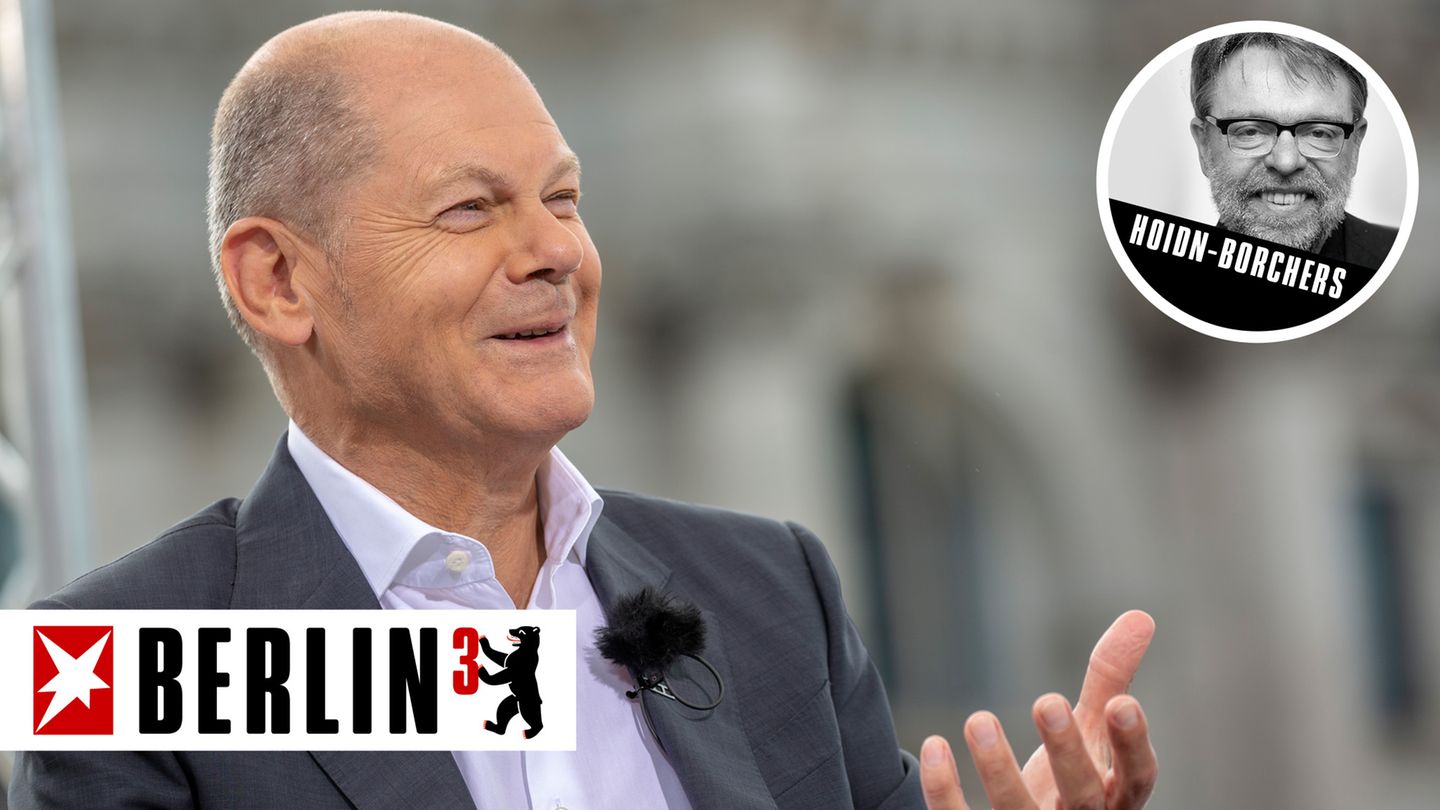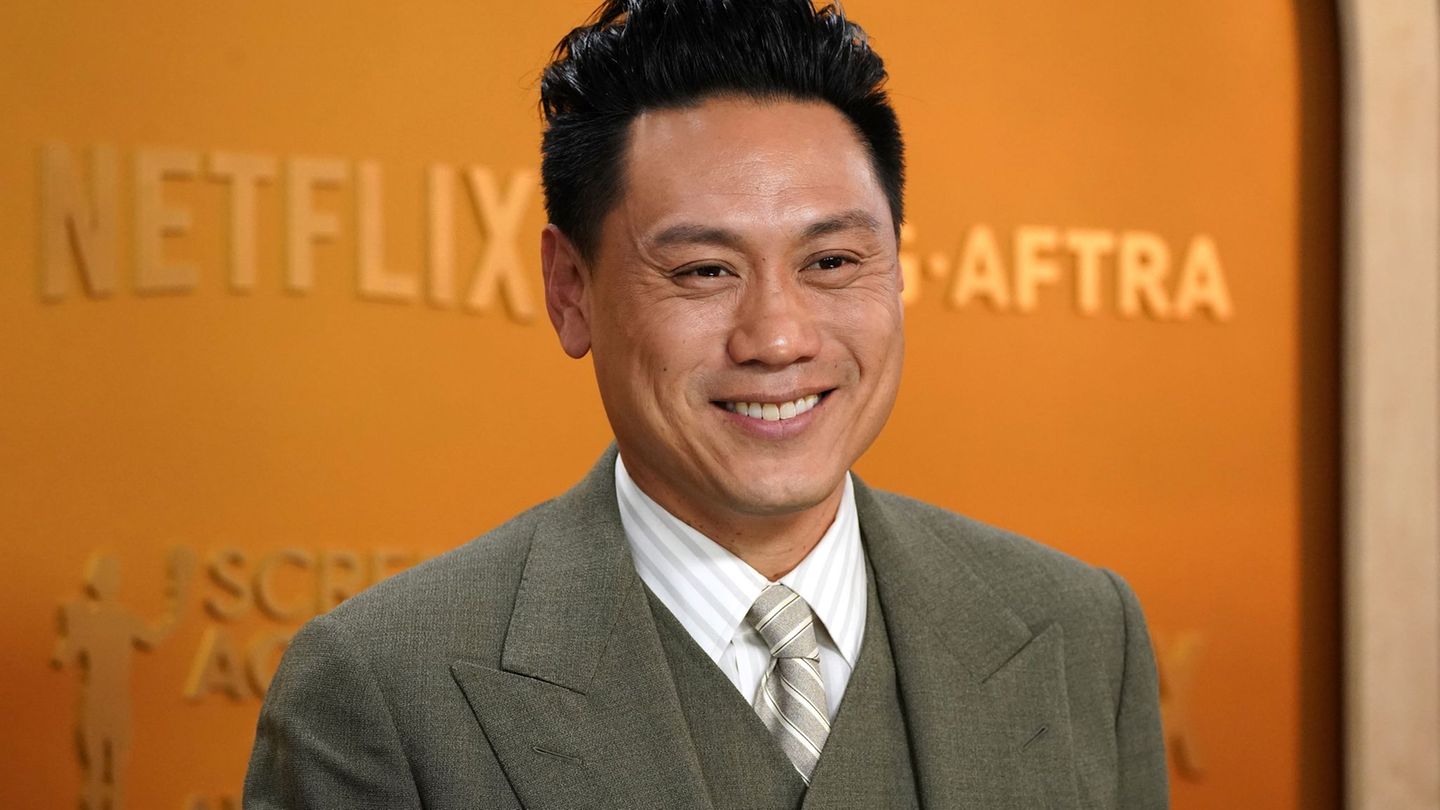Lazarus is not against it: The long-languishing SPD could make the federal election really exciting and move its candidate Olaf Scholz into the Chancellery in the end. This is due to its weak opponents – but above all to the urgent desire of the voters for another policy.
If you missed to watch the sports show, sports studio or Sky on Saturday for some inexplicable reason: The Bundesliga has started again, and Greuther Fürth, the pitiable climber, was terribly beaten up on the first day of the game. Five to one, from VfB in Stuttgart, that too. In any case, it doesn’t look like the Fürth team will have a terrific season, and you would have to be quite bold or crazy to bet a thousand on them to be German champions in the end.
What does that have to do with the choice? Well, a year ago, oh well, two months ago it would have been just as crazy or bold to bet a significant sum that the new Chancellor will be Olaf Scholz at the end of this election year. But what can you say? As of now, it is no longer so unlikely that one could have sparked a carefree retirement age with a small portion of madness and a comparatively small amount of effort.
At least Olaf Scholz is the man of the hour in this federal election campaign, which is now in its last six weeks. You just have to look at the small print of the latest poll by the Wahlen research group, where the so-called raw data are shown, the bare results, devoid of any scientific classification or weighting. If the current mood only works, then Scholz has already come damn close to the Chancellery. He’s already shaking the fence. The Greens have now overtaken the SPD, and the Social Democrats are just a measly percentage point apart from the Union, 26 percent to 25 percent. If this trend solidifies, you can play the old Katja Ebstein hit in a loop on the evening of September 26th in the Willy Brandt House: There are always miracles …
SPD chairmen praise Olaf Scholz
In fact, at the moment there are more arguments in favor of this trend than against it. On the one hand, this is due to Scholz and the SPD, which have clearly resolved not to repeat any of the mistakes made in past election campaigns. This time they leave mistakes and verbal kicks in all possible body regions of their own candidate to the political opponent. Anyone who followed the comrades’ start into the hot election campaign phase on Saturday had to pinch themselves occasionally: They were actually the same Saskia Esken and Norbert Walter-Borjans who not so long ago had doubted that Scholz was an upright social democrat – and that praised him on the stage in Bochum as if he were a revenant of Brandt and Bebel? Walter-Borjans fiddled that he was “experienced, level-headed, persistent”. He had “courage, plan, competence, perseverance,” said Esken. “The country is in good hands when Olaf Scholz is Chancellor.”
Yes, they were the same. The two party leaders have submitted to the candidate in a way that would never have been thought possible; and they keep the once notoriously troubled party for Scholz so calm and closed that one rubs one’s eyes in amazement. Scholz now has to be glad that he lost the race for party leadership in December 2019. Under a party leader Scholz, the SPD would never have endured a candidate Scholz so unopposed; he would have been bridged long ago. The world spirit sometimes has a peculiar sense of humor. Or simply a mind that only reveals itself in retrospect.
54.8 percent want a real change
The fact that the SPD is calmly and resolutely going into the election campaign for Scholz and that the candidate has not yet made any serious mistakes is only the necessary precondition for the success that now seems possible. Another factor is far more decisive: the Germans’ mood of change. According to a recent study by the Bertelsmann Foundation, 54.8 percent would like a real change in the federal government and largely different policies. Since 1994 this question has been asked 81 times in the so-called democracy monitoring. The current value is the fourth highest that has ever been measured. And, just as important: only 16.4 percent say that a change would not be good – the resistance was only lower once.
The mood is similar to that of 1998. This is Scholz’s chance. It could also have been Annalena Baerbock’s great chance if she hadn’t completely screwed up the start of her candidacy and gambled away the trust of the voters. Scholz is most likely to benefit from the voters’ willingness to change.
Perhaps the unfortunate Fürth should not give up all hope after all. Bets are still accepted.
David William is a talented author who has made a name for himself in the world of writing. He is a professional author who writes on a wide range of topics, from general interest to opinion news. David is currently working as a writer at 24 hours worlds where he brings his unique perspective and in-depth research to his articles, making them both informative and engaging.




